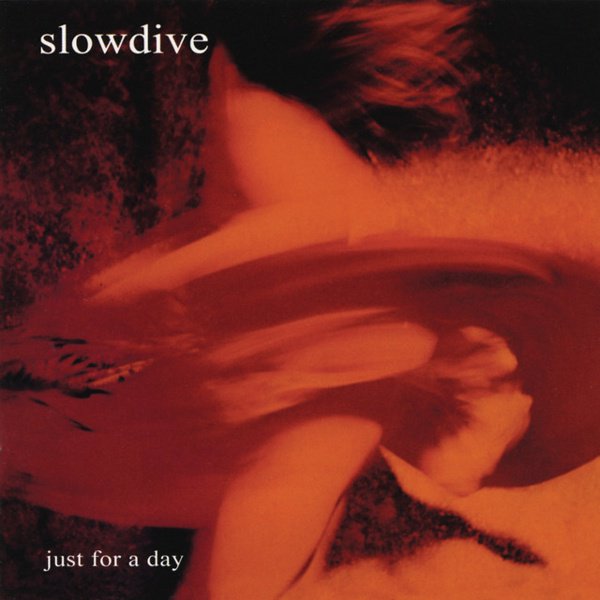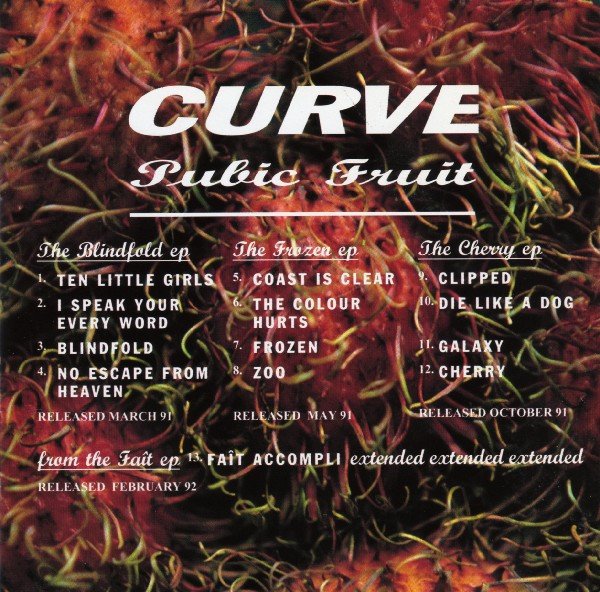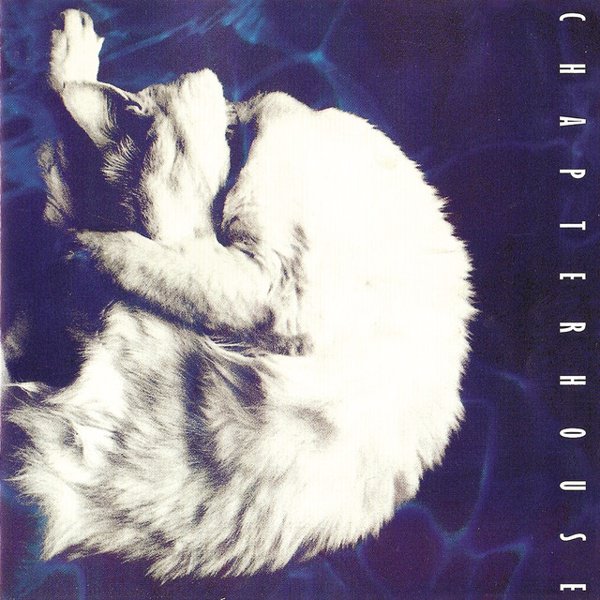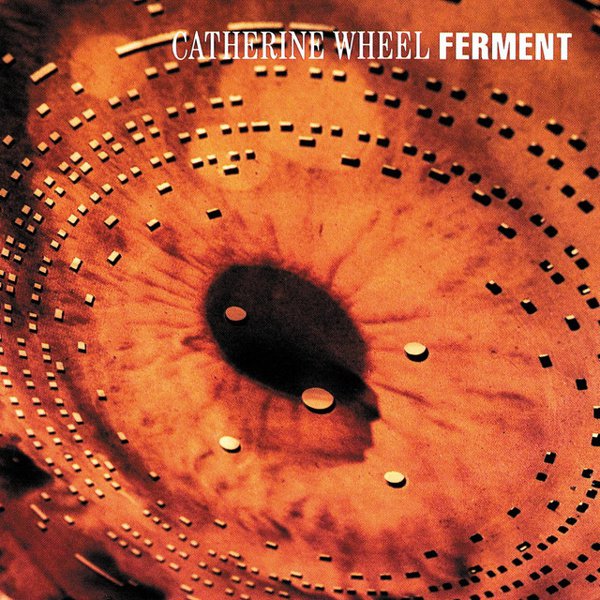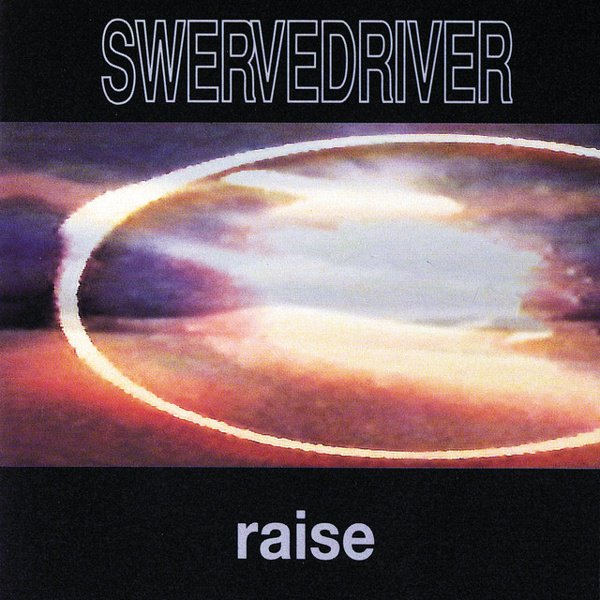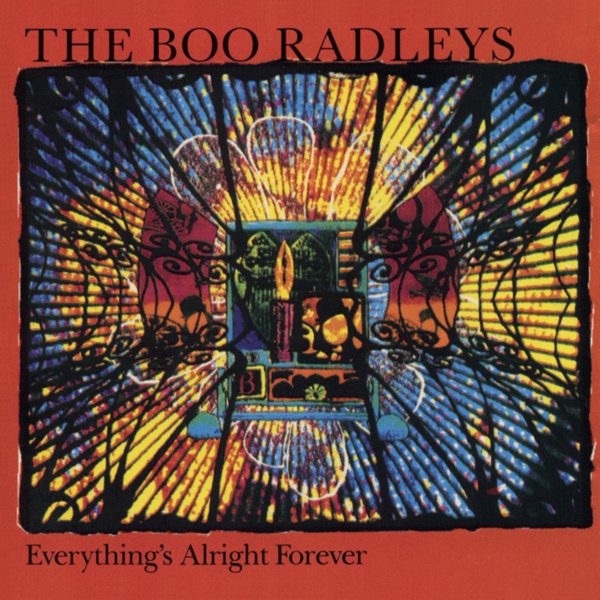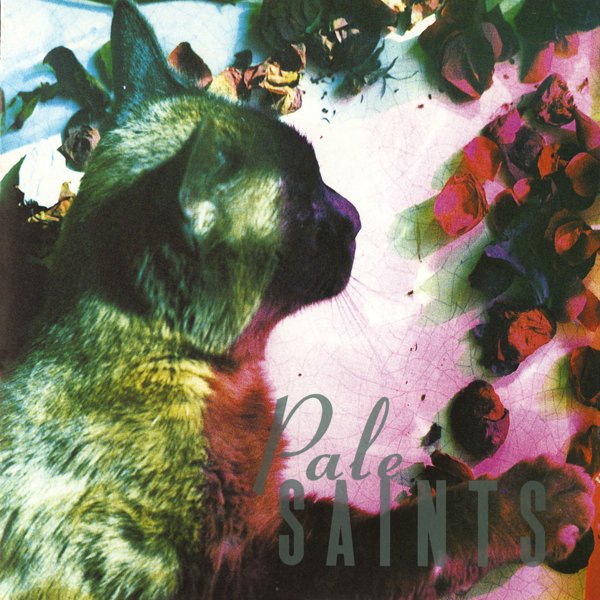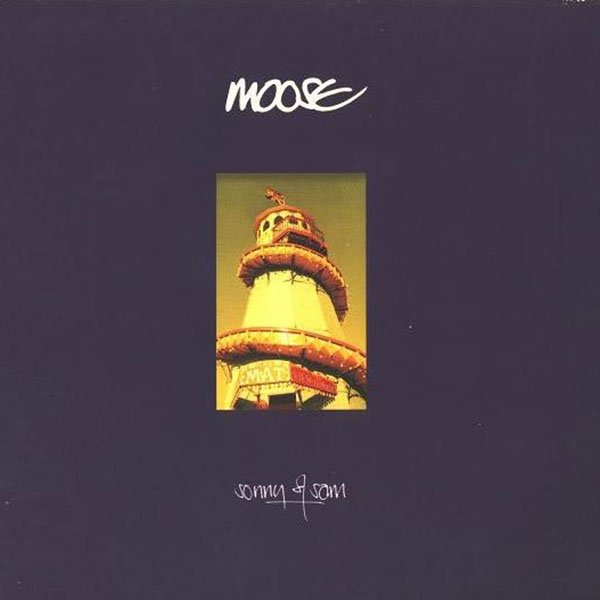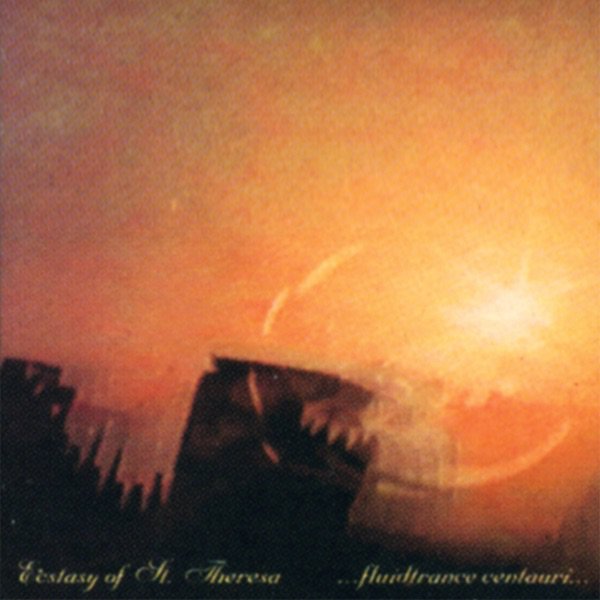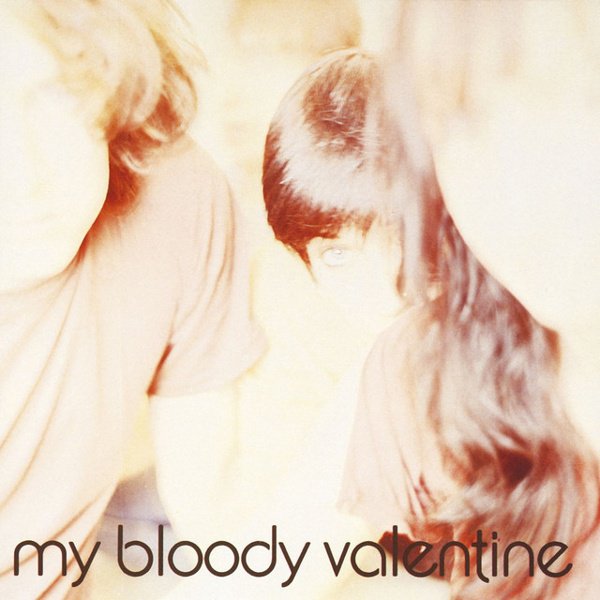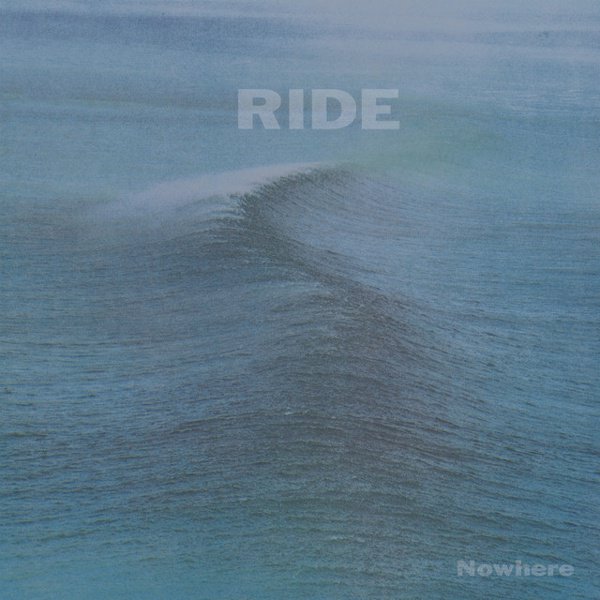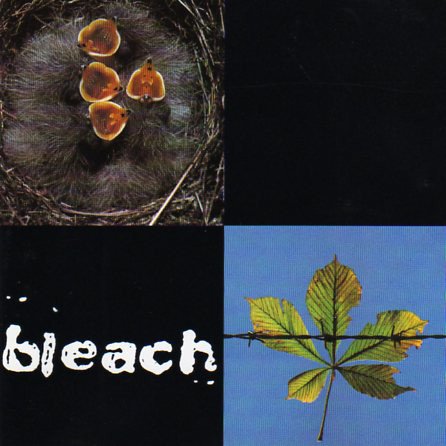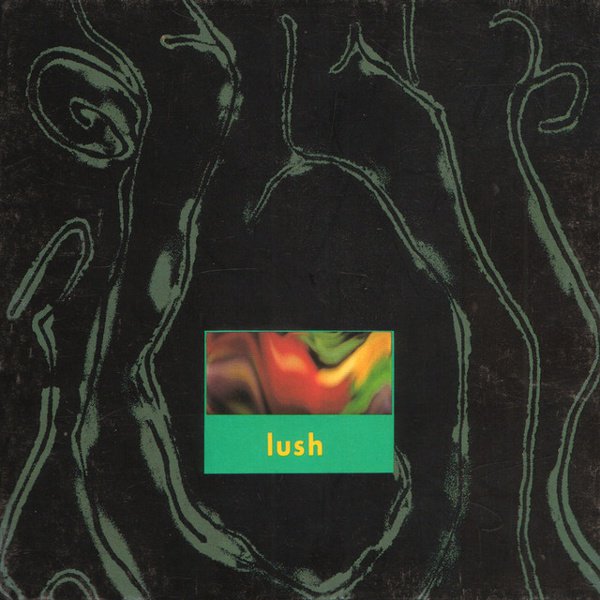Much like the ground zero goth scene in the UK a decade prior — and given some overt nods to various inspirations from that era, the connection makes a real sense — the acts out of the same country that became known as the original shoegaze bands didn’t set out to actually BE stereotypically shoegaze bands, they were just bands who had a particular idea of how to approach things.
Unlike goth, however, there was a clearly obvious band that galvanized many more to follow: My Bloody Valentine. Having spent much of the mid-eighties in the shadow of the Jesus and Mary Chain’s sonic impact on UK indie pop and rock as such, in 1988 Kevin Shields and company audibly levelled up by drawing on wider inspirations like Sonic Youth, Public Enemy and Dinosaur Jr., welded to an appreciation of earlier pop lodestones ranging from the Beach Boys and Dusty Springfield to Wire, to create a series of EPs and albums over the next three years that were at once dreamily catchy and astonishingly, overwhelmingly loud.
Various formative acts or ones that were already contemporary soon clocked into this general kind of melange or found ways to make their own separate but simpatico approaches feel like wider parts of a sudden new general sound, with the Creation label in particular being seen as a central point of reference. Again though, as with goth, there was never any one exact approach beyond a sense of hooks and crushing noise in equal measure: the spiky shimmer and tart lyrical approach of Lush bore little resemblance to the sprawling, distinctly American-inspired punch of Swervedriver or the serene washes and vast, deep echo of Slowdive, to name just three acts out of the seeming rush of many.
There was a rapid amount of music press-driven buzz that led to attention both at home and abroad, with a variety of American acts soon responding in turn as many of the groups toured the States. However, monumental as MBV’s 1991 Loveless was, the release of Nevermind and Ten around the same time showed where general attention was going, and the putative scene as such fragmented as some acts adapted to grunge or Britpop, others simply broke up, and general appreciation went underground. It all sowed seeds for much more to come, though, and that many of these acts were rapturously received following various reunions and new albums in the 21st century felt rather like delayed poetic justice.

